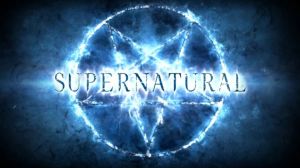If you’ve spent 15 seasons with Sam (Jared Padalecki) and Dean Winchester (Jensen Ackles), you know Supernatural was never just about the ghost hunts and salt circles. It was about two brothers against the world, the entire cosmic order, and a relentless parade of villains who brought chaos, tragedy, and, sometimes, a bizarre amount of charm. From angels with inferiority complexes and a King of Hell who was all calculations and charm to demons who wanted a wee taste of power, the show’s antagonists were anything but one-note. These antagonists left scars, played with destinies, and sometimes broke the very rules of the universe.
Videos by ComicBook.com
Some were ancient cosmic forces, others were corrupted mortals, but each one was unforgettable in their own twisted way. Let’s walk back into the heart of darkness and revisit the villains who defined Supernatural’s darkest, most iconic moments.
1) Lucifer
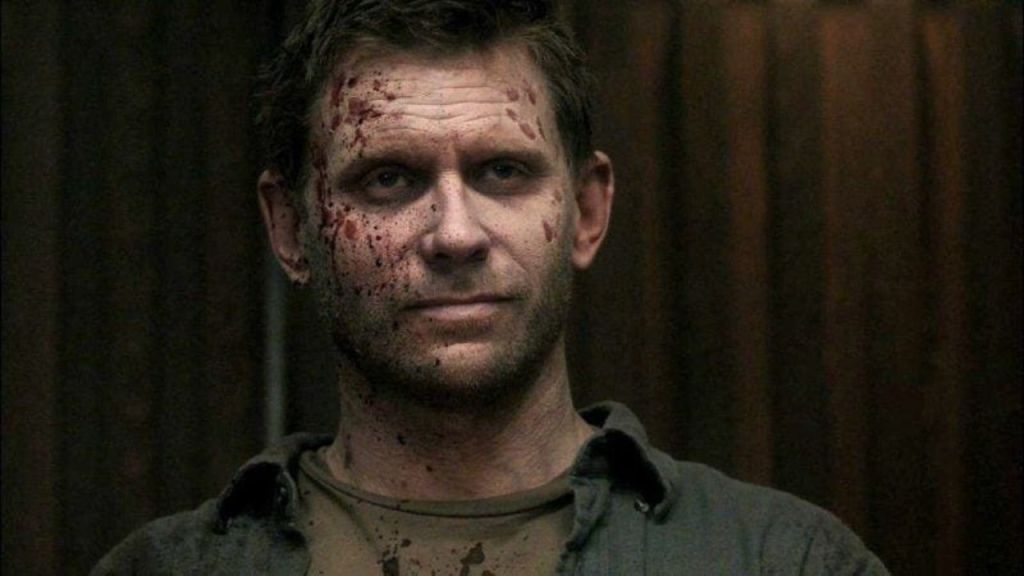
The Devil himself had to be done right, and Supernatural pulled it off with unsettling charisma. Mark Pellegrino’s take on Lucifer wasn’t simply menacing. He was sarcastic, intelligent, and strangely bewitching, which, to be fair, makes sense, biblically speaking. Lucifer didn’t need fiery pits or grotesque appearances to come off as threatening. He simply leaned into the psychological, planting seeds of doubt, pain, and guilt. His relationship with Sam was hauntingly intimate, driving the latter slowly, surely insane even after he was long gone.
What truly elevated the character was how often he broke expectations. He could be funny, almost likable, and at times heartbreakingly tormented. After all, he wasn’t evil for the sake of it. He felt betrayed by his father, cast out of heaven, and misunderstood. He embodied the most dangerous kind of villain — one who believes he’s the victim.
2) Crowley

Crowley was proof that Supernatural’s greatest villains weren’t always the most destructive but often the most compelling. Played with slick British flair by Mark Sheppard, Crowley blurred the lines between villain, antihero, and unexpected ally. His motives were always self-serving, but his dry wit and moments of reluctant teamwork made him weirdly lovable. One minute he’s double-crossing the Winchesters, the next he’s saving their lives for his own amusement.
Crowley brought political intrigue to Hell, turned bureaucracy into an art form, and somehow made you root for a literal soul-trading demon. His dynamic with Dean, in particular, added layers to both characters, with each affording the other a grudging respect growing over the seasons. And yet, Crowley never lost his edge. Even in his moments of vulnerability — especially when confronting his estranged witch mother, Rowena (Ruth Connell)— he never stopped being dangerous. In the end, Crowley went out on his own terms and with his signature smirk intact.
3) Lilith
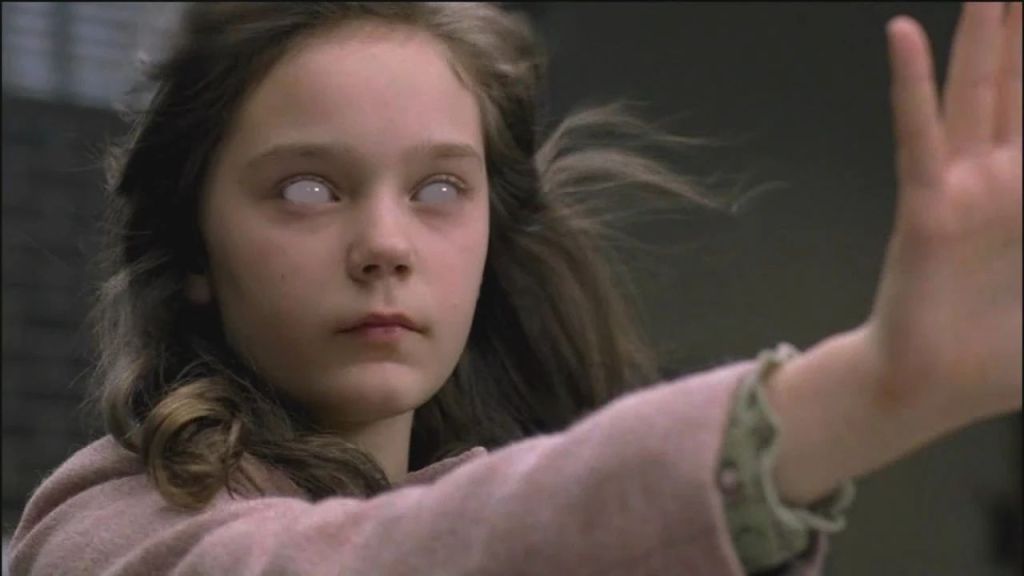
Lilith (Katherine Boecher, Sierra McCormick, Anna Grace Barlow, and Rachel Pattee) brought pure chaos to Supernatural’s mythology. As the first demon ever created, she was less a threat and more a harbinger. Lilith wasn’t content with cruelty alone. She was on a mission to break the 66 seals and free Lucifer. Her role in the apocalyptic storyline makes her one of the most pivotal villains in the show’s history. She reveled in the suffering she caused, manipulating others with glee and always staying one step ahead. Her death in the Season 4 finale wasn’t really a victory since it was the final key that unlocked Lucifer’s cage. A literal mythological force, her death marked the beginning of the end, and her presence still echoes through the show’s deeper lore. When she returned in later seasons, she was just as cruel and just as unforgettable.
4) Azazel

Azazel (Fredric Lehne), better known as the Yellow-Eyed Demon, may have had fewer appearances than others on this list, but his impact was seismic. He was the inciting force behind everything, from the deal that cost Mary Winchester (Samantha Smith) her life and the psychic children experiments to the eventual unleashing of hell on earth. Since the very beginning, Azazel was the puppeteer pulling the Winchesters toward their tragic destiny. His calm, calculated cruelty made him deeply unnerving, and his ability to manipulate both events and people from behind the scenes gave him an omnipresent feel in the early seasons. The show’s first major arc — culminating in Azazel’s death — felt climactic. But as fans quickly learned, that moment was just the beginning of a far larger war. His death felt satisfying, but it left a hole that was soon filled by darker, more powerful enemies who stood on the foundation he built.
5) Amara

Amara (Emily Swallow), the primordial force known as The Darkness, changed the tone of Supernatural forever. Her very presence challenged the narrative that God was the ultimate power. Introduced as God’s sister and co-creator of the universe, Amara wasn’t so much evil as she was deeply wounded and unimaginably powerful. She didn’t want to conquer. She wanted to be acknowledged, to be loved, to be whole again. Her connection with Dean wasn’t romantic in a traditional sense; it was almost spiritual. Dean couldn’t fight her with fists or clever plans. He had to understand her. She forced characters — and viewers — to consider the cost of imbalance, of silence, of suppression. Her power was overwhelming, but her sadness made her real, relatable. When she finally reconciled with her brother Chuck (Rob Benedict), it was a moment of cosmic healing that echoed through the universe.
6) Metatron
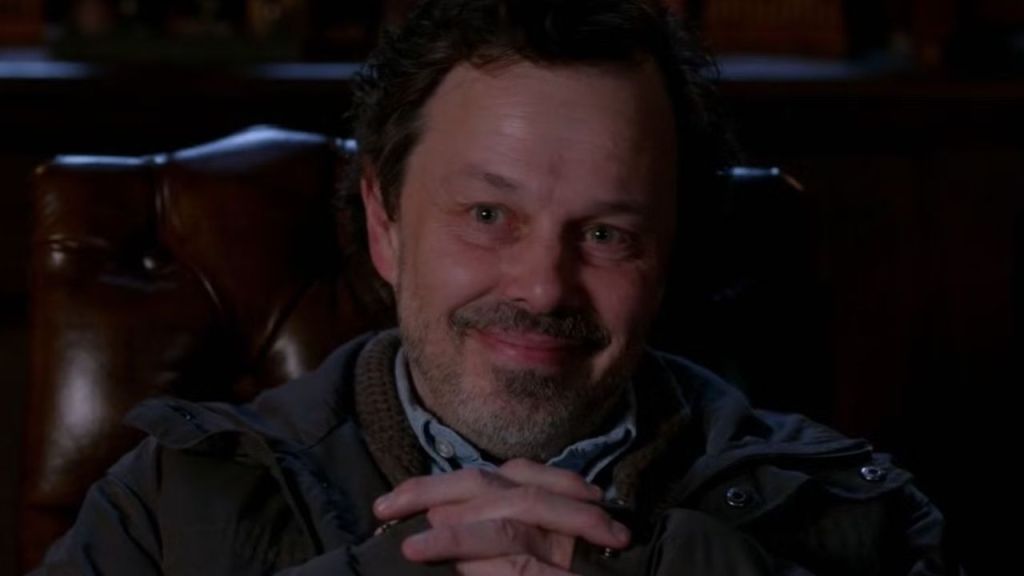
Metatron (Curtis Armstrong) was not a warrior, nor a monster. He was a writer and a petty, insecure, egotistical one at that. Armstrong turned this villain into one of the most smug, punchable, yet strangely compelling characters on the show. He wasn’t physically intimidating, but his intellect and manipulation made him lethal. He orchestrated the fall of the angels, turning Heaven into a dictatorship built on lies and revisionist history. Metatron’s obsession with storytelling, with being the protagonist of his own drama, made him both fascinating and detestable. He saw the world as a script, people as characters, and tragedy as just a narrative beat.
And yet, there were moments when the mask slipped, when Metatron’s loneliness and bitterness showed through. Those glimpses didn’t redeem him, but they added depth. In the end, Metatron died not as a grand villain, but as a broken man who finally saw the cost of his vanity.
7) Rowena
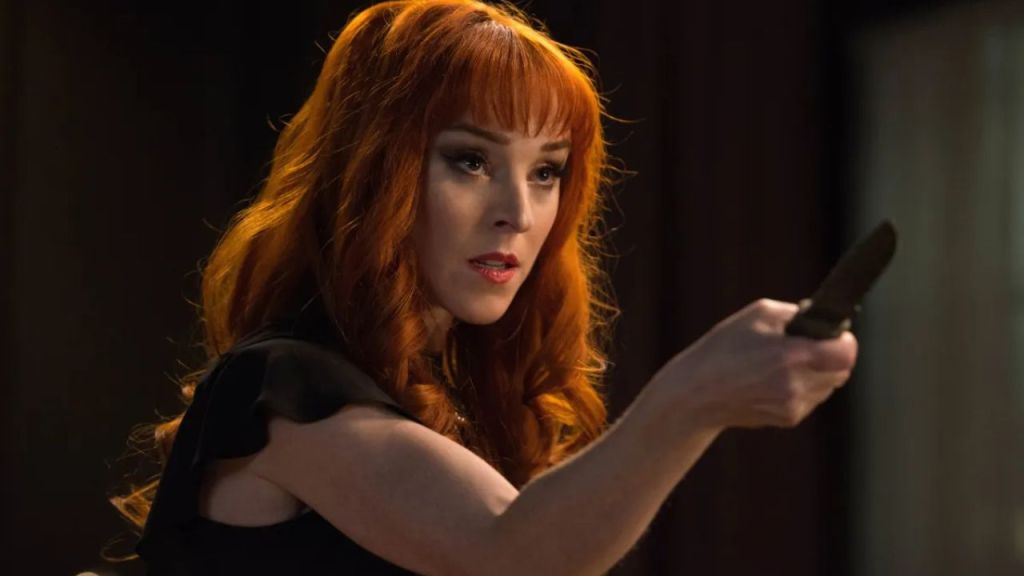
Rowena MacLeod entered the scene with flair, fire, and an accent sharp enough to cut through any hunter’s defenses. As a centuries-old witch and Crowley’s estranged mother, she was originally introduced as a manipulative, self-serving threat. But it didn’t take long for her to become one of the show’s most complex and enduring figures. Rowena wasn’t driven by power alone, though she certainly enjoyed it. She had no problem double-crossing allies, twisting spells to suit her ends, or charming her way through a standoff. But as the seasons passed, Rowena evolved. She became family, albeit in the most dysfunctional sense of the word.
Her relationship with Crowley was one of the show’s most emotionally charged. Beneath their jabs and schemes was a tragic backstory of abandonment, pain, and unresolved trauma. As her bond with Sam and Dean grew, Rowena became an unexpected ally. She still made ruthless decisions, but her heart — buried beneath centuries of bitterness — started to show. By the time she took on the mantle of Queen of Hell in the final season, it felt earned. She was powerful, respected, and no longer running from her past. Her death, chosen willingly to seal the rift between worlds, was one of the most quietly devastating moments in the series.
8) Meg

Meg Masters (Nicki Aycox and Rachel Miner) brought chaos, flirtation, and delicious unpredictability to Supernatural. Starting out as a vessel-possessing demon with a taste for torture, Meg became a recurring foil who evolved in unexpected ways. Her relationship with the Winchesters was always adversarial, but her gradual shift toward reluctant ally — especially during the Leviathan arc — gave her a certain complexity. Meg didn’t want redemption. She didn’t pretend to care about morality. But when the world faced threats bigger than Hell, Meg picked a side, and, sometimes, it was the Winchesters’. Her dynamic with Castiel (Misha Collins) was one of the show’s strangest but most endearing side stories, filled with awkward tension and surprising warmth. Meg never stopped being dangerous, but she became something even rarer, i.e., a demon with loyalty. Her death was brutal, but it felt earned. She died not as a villain, but as a fighter who chose her final hill.
9) Abaddon

Abaddon (Alaina Huffman) was fire and fury incarnate. As one of the few surviving Knights of Hell, she brought back the primal terror of what demons once were before bureaucracy took over. She was single-handedly responsible for wiping out the Men of Letters from existence. When she found out what Hell had become in her absence, Abaddon wanted to tear down Hell’s throne and build something darker from scratch. Her time-travel plotlines, her violent assaults, and her sheer confidence made her a magnetic presence. She wasn’t subtle, but she didn’t need to be. Every time she walked into the screen, she owned it. Her fight scenes were some of the most brutal in the series, and her rivalry with Dean (especially when the Mark of Cain came into play) added serious emotional stakes. In a world of cunning villains, she was refreshingly direct.
10) Dick Roman

Richard “Dick” Roman (James Patrick Stuart) may not have had the emotional complexity of Lucifer or the cosmic weight of Amara, but he represented something uniquely disturbing — capitalism meets cannibalism. As the head of the Leviathans, Dick was all about efficiency, streamlining consumption, controlling the population, and feeding off humanity like cattle. His villainy wasn’t loud or messy. It was neat, smiling, and covered in PR spin.
What made Dick particularly terrifying was how familiar his methods felt. He used food, pharmaceuticals, and media to subjugate the population. His brand of horror wasn’t just supernatural, it was systemic. Stuart gave Dick a smug, polished exterior that made every line he delivered feel condescendingly sinister. His arc may have been divisive, but his presence lingered as a reminder that sometimes, the real monsters wear suits and smile for the camera.

